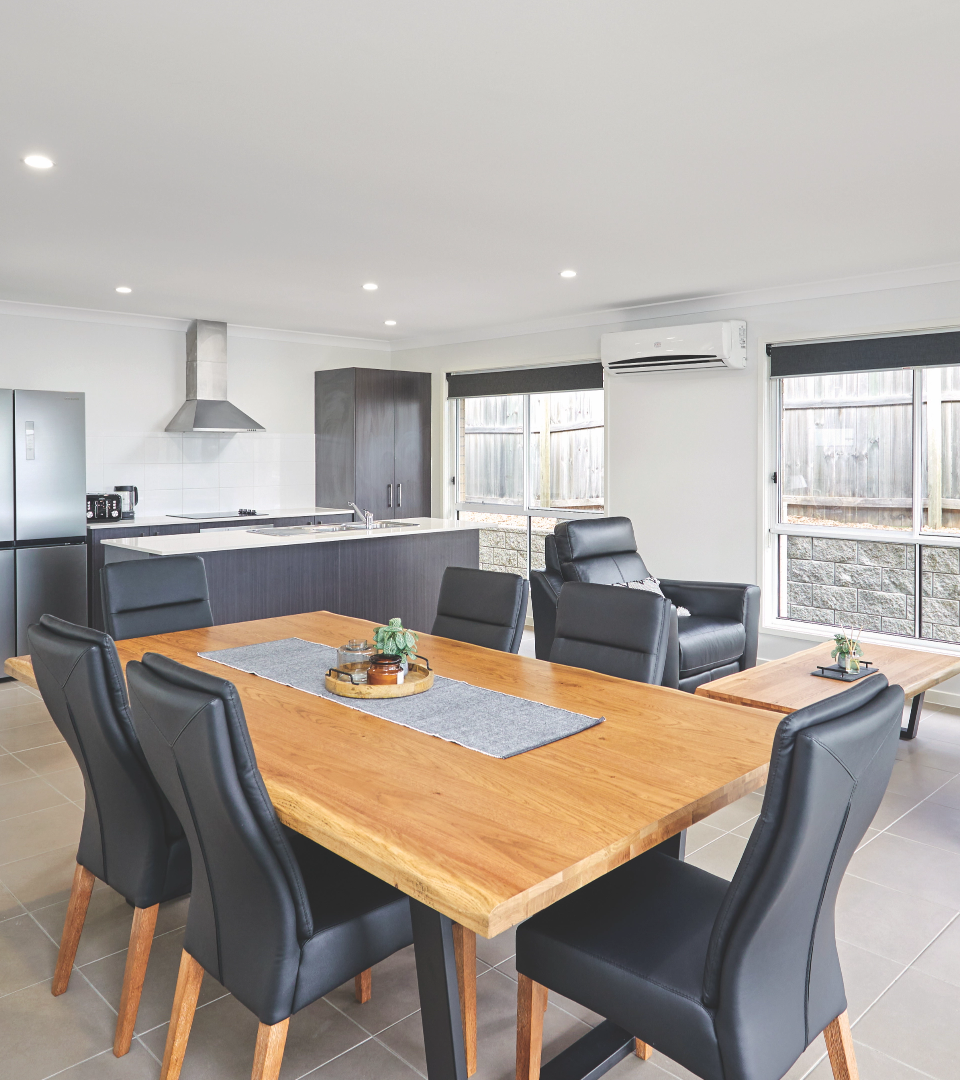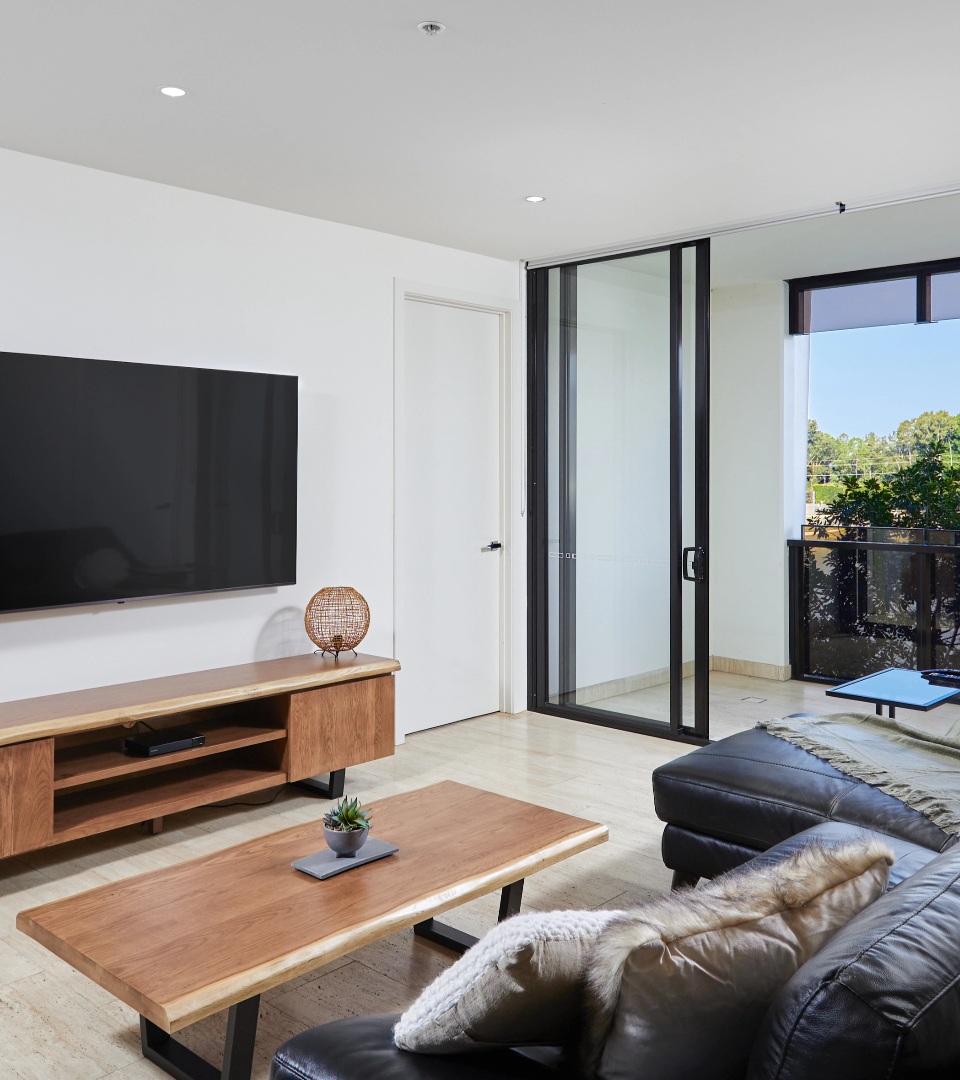- Domestic duties, including cooking, cleaning and laundry
- Shopping for groceries, budgeting and money management
- Arranging transport to visit your family and friends and other social activities
- Personal care, showering and dressing
- Creating and maintaining a routine, and learning new skills.
Transitions from Hospital, Aged Care, and Crisis Settings
At Great Mates, we understand that returning home or finding a new home after time in hospital, aged care, or crisis accommodation isn’t just a change of address—it’s a whole new chapter. Transitions like these can bring relief, but they can also be emotional, uncertain, and overwhelming.
We’re here to make sure no one has to navigate it alone.
Leaving clinical or temporary settings behind means rebuilding daily rhythms, reconnecting with choice, and finding confidence in community life again. We work alongside people to establish routines that feel safe, empowering and personal—never imposed.
From planning meals to attending follow-up care and slowly returning to meaningful activities, we take a calm, steady approach that puts the person in the driver’s seat.


We know there’s often a long road behind someone’s transition—declining health, loss, burnout, or trauma. That’s why we look beyond the discharge paperwork. Our support is holistic and focused on what helps someone feel safe, settled and seen.
We support by:
- Creating calm environments that reduce stress and overstimulation
- Promoting recovery through gentle routines and consistent connection
- Understanding medical, therapeutic and emotional needs through collaboration
- Involving allied health and family to ensure no one falls through the cracks
Coming back into the community takes more than a handover—it takes a team that listens. Our team takes time to build trust, honour autonomy and respond with genuine warmth and care.
We stay present, patient and practical—so even when someone feels unsure, they don’t feel alone.
Transitions don’t have to feel like cliff-edges. At Great Mates, we create soft landings and fresh starts. Whether someone is stepping out of a hospital ward, crisis setting or aged care facility, we provide homes and support grounded in respect, choice and belonging.
Because every return deserves a welcome—and every story deserves space to begin again.
FAQ
What is Supported Independent Living (SIL)?
What do I need to do before I can Live with Great Mates?
If you’re approved for SIL in your NDIS plan, we’ll need to check a few things before you can move. Like with any shared living arrangement, you’ll need to be compatible with your potential housemates. Plus, with SIL housing, your support team will also need to consider: whether the housemate to support worker ratio is right whether an Occupational Therapist has approved the house.
How does SIL funding work?
If approved, SIL funding will be part of your plan, but it doesn’t have a dollar amount assigned. So, you’ll work with your Support Coordinator and provider to determine how much support you need. Since SIL is typically used in shared living arrangements for people with high support needs, your provider (that’s us!) will create a quote for everyone living in the home. The program is funded individually, but you may be living with others who have similar needs to you, so the provided support can be shared amongst everyone living in the home. The NDIS will cover reasonable and necessary costs of SIL, so you’ll never be out of pocket for SIL support.
Where can SIL funding be used?
Lots of places! SIL funding can be used in Special Disability Accommodation, or a private rental, your own house, housing through the Department of Housing or shared accommodation.